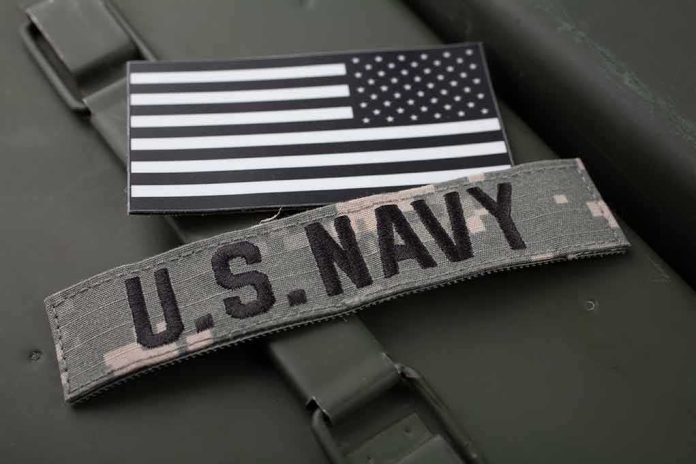
After poisoning the drinking water of 93,000 Hawaiians with 27,000 gallons of jet fuel, the US Navy now faces a staggering $1 billion lawsuit from the Honolulu Board of Water Supply while refusing to accept financial responsibility for the environmental disaster they’ve acknowledged causing.
Key Takeaways
- The Honolulu Board of Water Supply is suing the U.S. Navy for over $1 billion in damages after a massive jet fuel leak contaminated Oʻahu’s drinking water supply.
- Approximately 93,000 residents were affected by the contamination from the Red Hill storage facility, with many reporting severe health issues.
- While the Navy has admitted responsibility for the 27,000-gallon toxic spill, it has refused to cover the estimated $1.2 billion in costs required for full remediation.
- Multiple military families have already filed separate lawsuits, with a federal judge previously awarding nearly $700,000 to affected families.
- The water utility was forced to shut down critical wells and implement expensive alternative water supplies to protect public health.
Environmental Disaster at Pearl Harbor
The Honolulu Board of Water Supply (BWS) has taken decisive legal action against the U.S. Navy, filing a federal lawsuit seeking more than $1 billion in damages after a catastrophic fuel leak from the Red Hill bulk storage facility. The environmental disaster occurred when 27,000 gallons of toxic jet fuel leaked from underground tunnels near Joint Base Pearl Harbor-Hickam, severely compromising Oʻahu’s critical drinking water supplies. This negligent mismanagement of hazardous materials directly impacted approximately 93,000 nearby residents who suddenly found their water contaminated with petroleum and other dangerous chemicals.
“This is not an issue that will be solved quickly or cheaply,” said BWS manager and chief engineer Ernest Lau.
Navy Admits Fault But Refuses Financial Responsibility
In a display of government irresponsibility that has outraged local residents, the Navy has publicly acknowledged causing the environmental disaster but has inexplicably refused to cover any of the massive costs incurred by the BWS. The water utility has been forced to implement extensive and expensive emergency measures to protect public health, including shutting down critical wells, enhancing water quality testing, planning additional groundwater monitoring, and shifting to alternate water sources. The total estimated cost for proper restoration and contamination mitigation stands at a staggering $1.2 billion.
“Litigation was our last resort and comes after months of futile negotiation with the Navy, an attempt to recover costs administratively under the Federal Tort Claims Act (FTCA) and the Navy’s refusal to pay for any of the costs incurred by BWS, even while the Navy has publicly acknowledged its responsibility for this disaster and subsequent contaminant releases,” said BWS board chair Nāʻālehu Anthony.
Families Fight Back Against Government Negligence
The BWS lawsuit is just the latest legal action in a growing wave of litigation against the federal government over this preventable disaster. Four military families – the Feindts, Freemans, Simics, and Wyatts – have already filed suit against the government for negligence, trespass, nuisance, and medical malpractice. Their lawsuit specifically highlights what has been termed a “negligent ‘operator error'” that led to the second of two major fuel leaks in 2021, compounded by the Navy’s failure to promptly disclose the danger to affected residents.
“accountability and the truth and change,” said Kristina Baehr, attorney for Just Well Law representing the affected families.
Ongoing Health Impacts and Expanding Legal Action
The human toll of this environmental catastrophe continues to mount. Despite government assurances about water safety, many affected individuals report ongoing health issues from their exposure to contaminated water. Military member Amanda Feindt and her family, plaintiffs in one of the lawsuits, experienced severe health problems shortly after moving into military housing, leading to persistent medical issues directly attributed to toxic exposure. A federal judge has already awarded nearly $700,000 to families affected by the fuel leak, and over 7,500 military family members have pending lawsuits.
The BWS serves approximately 1 million customers on O’ahu as the largest water utility in Hawaii. Their lawsuit follows a denied administrative Federal Tort Claims Act claim, filed just before the statute of limitations expired on July 10. With the Navy refusing to comment on the litigation, the affected communities continue to suffer the consequences of government negligence while taxpayers may ultimately bear the burden of the Navy’s environmental recklessness unless the courts force accountability for this preventable disaster.









